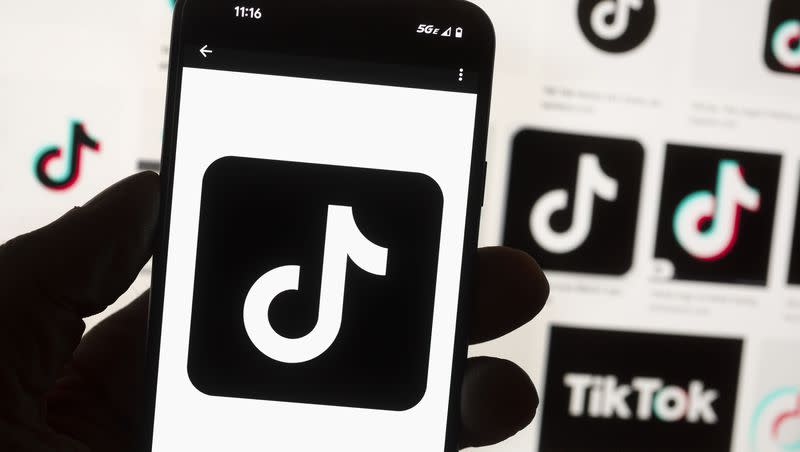Experts speak out against hyper-realistic TikTok beauty filter

Those who had a Snapchat account in 2015 may remember the first augmented reality face filters — they could give users doggy ears, devil horns and make them look like they were vomiting rainbows.
Back then, the digital mask would glitch when the camera’s view of your face was interrupted by things like hair, glasses or fast movement.
Augmented reality has progressed far beyond that, and TikTok’s beauty filter Bold Glamour can prove it. This filter doesn’t glitch like the first ones did, and users have been putting hands over their faces and tugging at their skin to prove it.
Luke Hurd, an augmented reality consultant who’s worked on Instagram and Snapchat filters, explained in a TikTok video that the filter uses a type of artificial intelligence called a generative adversarial network.
“They take your image here of you, and they compare it to a dataset of other images, and then redraw your pixels, pixel by pixel, on the output of your camera feed,” Hurd said.
Previous filters have used a mesh that simply goes over the face, rather than reconstructing it.
Related
“It doesn’t glitch out the same way because there’s not a 3D model sitting in front of your face,” Hurd said. “It is the actual output of the camera feed — it’s not being overlaid in front of it.”
Bold Glamour makes lips plumper, cheek bones more defined and skin brighter. More than 18.5 million videos have been made using the effect, and users are shocked at how realistic it looks.
However, many experts are speaking out against the filter, saying it’s bad for mental health.
Linda Charmaraman, a senior researcher at the Wellesley Centers for Women, said via The Washington Post that filters like these contribute to unrealistic beauty standards, which are “detrimental to the self-worth of younger users, especially women.”
Renee Engeln, director of Northwestern University’s Body and Media Lab, also spoke on the danger of Bold Glamour, per NPR.
“Your own face that you see in the mirror suddenly looks ugly to you,” she said. “It doesn’t look good enough. It looks like something you need to change.”
Related
Beauty brand Dove even started the hashtag #TurnYourBack to encourage people to steer clear of the filter.
“No filter should tell you how to look,” the company captioned its post. “80% of girls are already using filters by the age of 13. It’s no wonder their perception of beauty and their self-esteem are distorted.”
The hyper-realism of Bold Glamour has also led some experts to express concern for the future of internet safety. Memo Akten, computational art and design professor at the University of California in San Diego, said this is a sign that deepfakes could soon become mainstream, according to the Post.
Deepfakes use artificial intelligence to digitally alter the way someone looks and are often used to spread misinformation.
“It’s a step toward the world we have seen in sci-fi movies where we can no longer tell what is real,” Akten said.
Related

